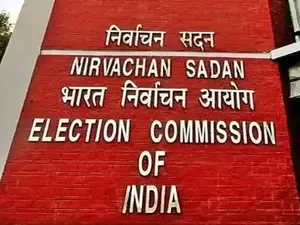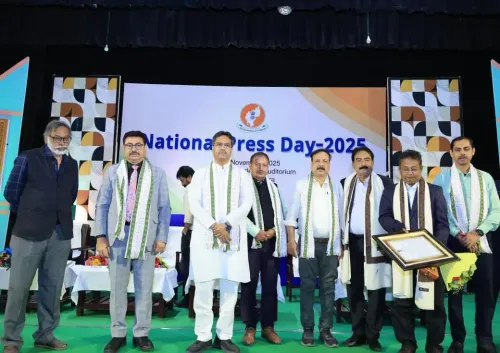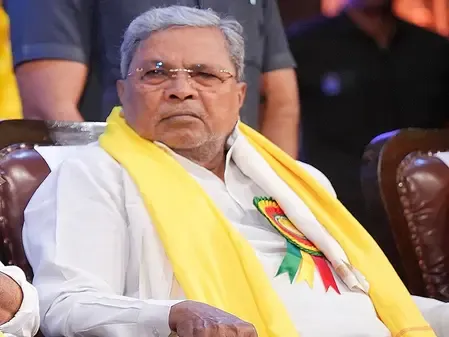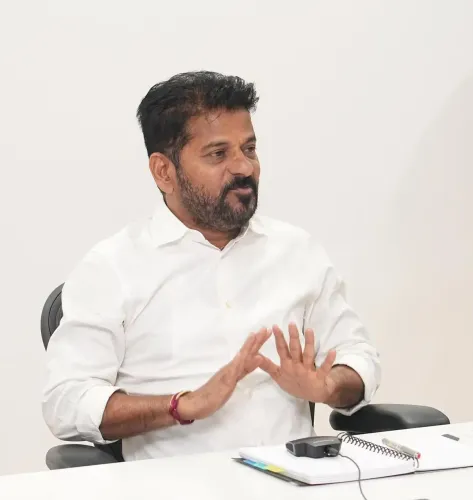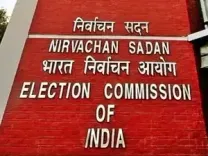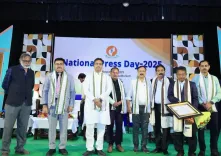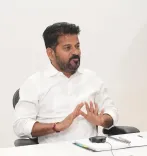How is the Manipur Government Addressing Misinformation on National Press Day?
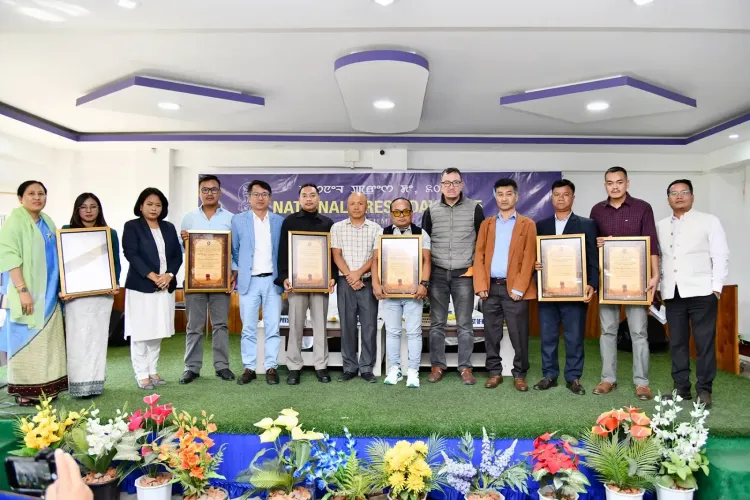
Synopsis
Key Takeaways
- National Press Day emphasizes the importance of a responsible press.
- The theme highlights the need to combat misinformation.
- Collaboration between media professionals and the government is essential.
- AI technology can aid in fact-checking and combating misinformation.
- Journalists must strive for objectivity in reporting.
Imphal, Nov 16 (NationPress) - In a renewed effort to tackle misinformation and uphold journalistic integrity, the Manipur government commemorated National Press Day on Sunday.
This year’s theme, "Protecting Press Credibility Amidst Widespread Misinformation", was at the forefront of the event.
During the program, Hungyo Worshang, Secretary of Information and Public Relations (IPR), stated that National Press Day symbolizes a free and responsible press in India, an essential principle observed each year.
He highlighted that this year's theme is particularly significant given the increasing prevalence of misinformation and the urgent need to safeguard the media's credibility.
Worshang raised concerns about the numerous challenges journalists, media professionals, and media outlets face in Manipur, questioning if there is a conducive environment for media personnel to thrive.
He acknowledged that various pressure groups complicate the delivery of factual and objective information.
Stressing the multiple pressures faced by the media, he emphasized that it is both challenging and vital to ensure the public receives accurate and verified information.
He remarked that the press must remain committed to truth, despite the various constraints they encounter.
The IPR Secretary also noted that rapid advancements in Artificial Intelligence (AI) have transformed traditional news consumption, with many now turning to mobile devices and social media platforms rather than newspapers and books.
"In this environment, the press must strive harder to provide credible and authentic news that distinguishes itself from unverified online content, thereby restoring and maintaining public trust," he added.
He further highlighted the necessity for journalists to present raw information with enhanced objectivity when sharing news.
While recognizing the challenges ahead, the IPR Secretary stressed the importance of preserving press credibility and called for collaboration between media professionals, the Department, and the government in fulfilling this important duty.
At the event, Ngangom Uttam Singh, IPR Director, mentioned that both information and misinformation have grown into powerful tools that can sway public sentiment, heightening tensions and instigating unwanted incidents.
He acknowledged the increasing speed and competition in news dissemination, while balancing press freedom with the responsibility to inform the public.
Singh recognized instances where media personnel have protested when their press freedom is compromised.
The conflict between sensationalism and sensitivity remains a persistent challenge, with even minor changes in headlines significantly affecting public perception and emotional responses.
He underscored the vital role of newspapers and media platforms in shaping public opinion and cautioned that in today's viral culture, fake news spreads more quickly than verified information.
The IPR Director expressed his concerns regarding the publication of unverified reports in the rush to be first, stressing that news should be published only after thorough verification of all sides of a story, avoiding partial reporting.
He stated that while AI tools can be misused to create misleading news, this same technology can also be harnessed by journalists to verify facts and combat misinformation.
The state journalist awards for 2025 were presented to a total of seven senior journalists from various media organizations for their remarkable contributions across multiple categories and sectors.

